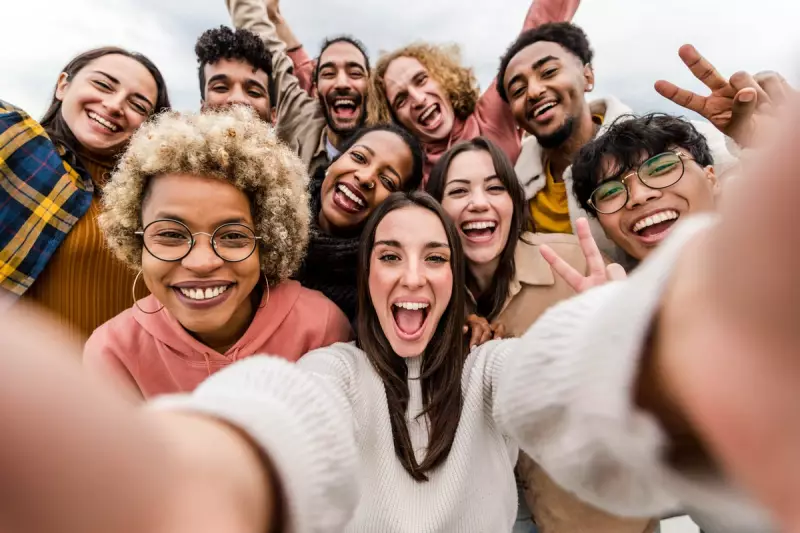
Have you ever wondered why maintaining a vast circle of close friends feels nearly impossible? Science now confirms what many have suspected: there's a biological limit to how many meaningful relationships our brains can handle.
The Magic Number: 150
Research pioneered by evolutionary psychologist Robin Dunbar reveals that humans can typically maintain only around 150 stable social relationships. This threshold, now famously known as "Dunbar's number," represents the maximum number of people with whom we can maintain meaningful connections.
Why Our Brains Can't Handle More
This limitation isn't about time or effort—it's hardwired into our biology. The size of our brain's neocortex, responsible for complex thought and language, directly determines our social capacity. Essentially, we're neurologically programmed for smaller social circles.
The Friendship Layers Explained
Our social networks naturally organize into distinct layers:
- Inner Circle (5 people): Your closest companions—the ones you turn to in crisis
- Sympathy Group (15 people): Those you feel strong emotional connection with
- Close Friends (50 people): Regular social contacts you genuinely care about
- Meaningful Contacts (150 people): Your entire stable social network
Social Media's False Promise
Despite platforms allowing thousands of "friends," our brains still operate within the same evolutionary constraints. Having 5000 Facebook friends doesn't change your biological capacity for genuine connection. Quality, not quantity, remains the key to fulfilling relationships.
What This Means for Modern Friendships
Understanding this natural limit can relieve the pressure to maintain enormous social circles. Instead, it encourages focusing on deepening existing relationships rather than constantly expanding your network.
This research provides valuable insight into human social behaviour, explaining why nurturing a smaller number of meaningful connections often leads to greater happiness than spreading yourself thin across hundreds of acquaintances.





